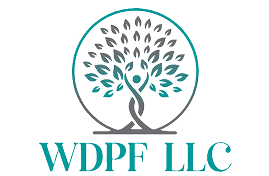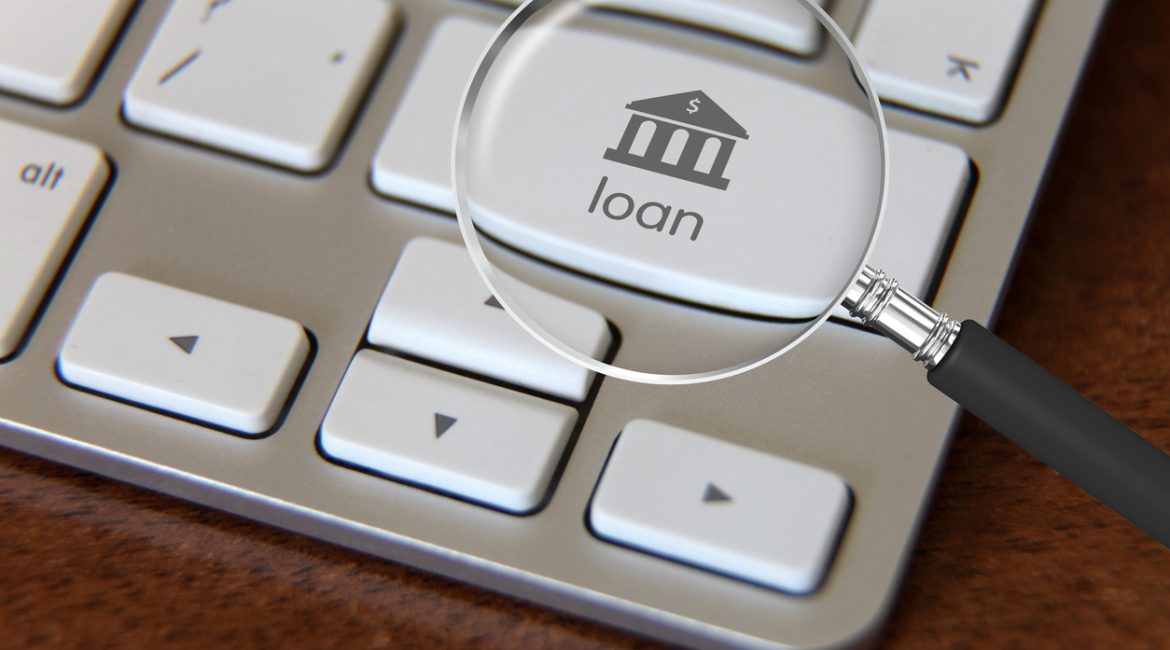When you are all set to expand your business and manage your cash flow, it becomes crucial to choose the type of small business loan that is suitable for you. The two main types of loans for small businesses are secured and unsecured, each has its own set of pros and cons.
Understanding the most core differences between them can help you in making the best decision for your business’s overall needs and risk tolerance. In this blog, we will discuss all aspects of both of these loans that can enlighten you with the concepts properly.
What Are Secured Small Business Loans?
Secured small business loans require you to put up collateral, including real estate, equipment, inventory, or other valuable assets. This collateral serves as security for the lender; if you default on the loan, the lender may take and sell the asset to recoup their losses.
Key features:
- Collateral requirement: You must have to provide an asset as security.
- Lower interest rates: Because the lender’s risk is lessened, rates are usually lower than for unsecured loans.
- Higher loan amounts: When a loan is collateralized, lenders are more likely to lend more.
- Longer repayment terms: These loans frequently come with longer payback durations, making monthly payments more bearable.
- Easier approval: Businesses with a short credit history or low credit scores may find it easier to apply for secured loans.
Secured small business loans are typically used for significant purchases, such as real estate, equipment, or inventory, and can be an excellent choice if your company has valuable assets that you are willing to use as collateral.
What Are Unsecured Small Business Loans?
On the other hand, unsecured small business loans do not require any collateral, as the approval is based mainly on your creditworthiness, business financials and at times, a personal guarantee.
Key features:
- No collateral is required: You do not need to put your business or personal assets at risk.
- Faster approval: With less paperwork and no asset appraisal, the process is frequently faster.
- Higher interest rates: Because the lender assumes more risk, rates are often higher than secured loans.
- Lower loan amounts: Lenders typically give smaller sums for unsecured loans.
- Shorter repayment terms: These loans usually have shorter payback durations, which can result in larger monthly payments.
- Stricter eligibility requirements: Lenders will consider your credit score, business revenue, and financial history.
Unsecured small business loans are suitable for businesses that require quick access to cash, don’t have significant assets, or don’t want to risk collateral.
Pros and Cons of Secured vs Unsecured Small Business Loans
Secured Small Business Loans
Pros:
- Includes lower interest rates and fees
- Higher loan amounts
- Longer repayment terms
- Easier acceptance for enterprises with limited credit.
Cons:
- Risk of losing collateral if you default
- Increased paperwork and approval time
- Not suited for firms without significant assets.
Unsecured Small Business Loans
Pros:
- No collateral required
- Faster approval and funding
- Flexible usage of funds.
Cons:
- Higher interest rates and costs
- Lower borrowing limits
- Stricter eligibility restrictions
- Possibility of a personal guarantee, which may jeopardize your credit.
How to Choose the Right Loan for Your Small Business
One must consider such factors while deciding whether to opt for secured small business loans or unsecured small business loans:
- Do you have any assets that you can pledge as collateral?
If your company holds valuable assets and is willing to use them as collateral, a secured loan may provide better conditions and larger loan amounts. - How soon do you require funding?
If speed is critical, unsecured loans usually have a quicker approval process. - What is your risk tolerance?
Secured loans put your assets at risk, whilst unsecured loans may demand a personal guarantee that affects your credit if you default. - What is the objective of the loan?
Secured loans are frequently the best option for large, long-term investments (such as real estate or equipment). For working cash or short term needs, unsecured loans may be more appropriate. - What is your credit profile?
Businesses with good credit may be eligible for unsecured loans at competitive rates. Those with poorer credit may have to rely on secured options.
Conclusion
Both secured and unsecured small company loans carry perks and disadvantages. The ideal option is based on your company’s assets, credit profile, finance need, and risk tolerance. Take the time to consider your alternatives, consult with financial advisors, and select the loan type that best fits your long-term business objectives.
If you’re looking for flexible, competitive small business loans, Wisconsin entrepreneurs should engage with local lenders and consultants that understand the state’s particular company demands. Investigate your alternatives for small business loans in Wisconsin and set your company up for success.


